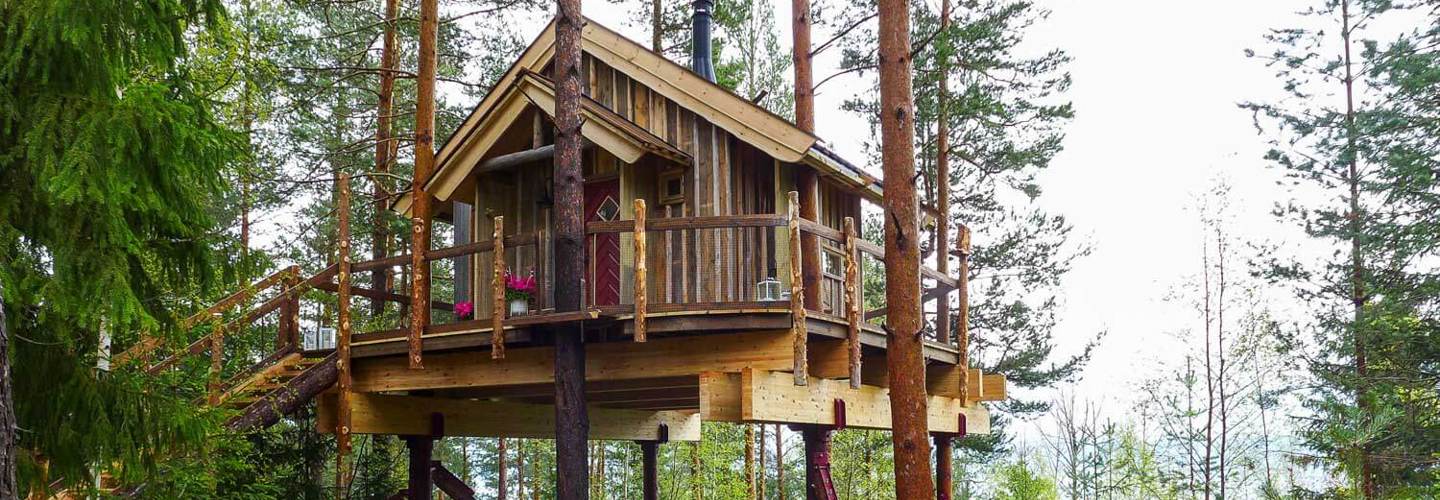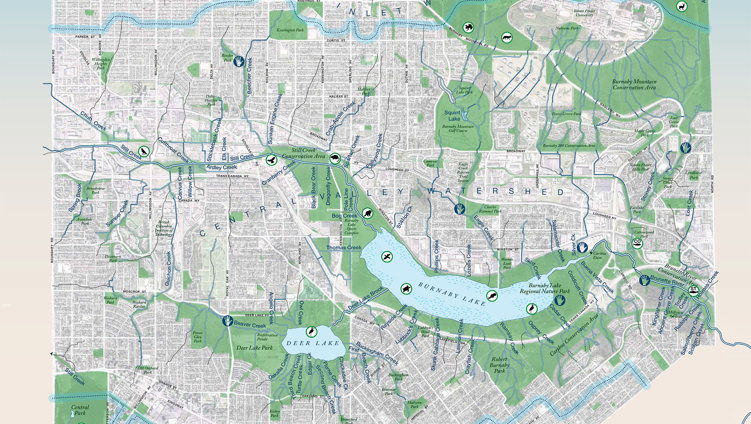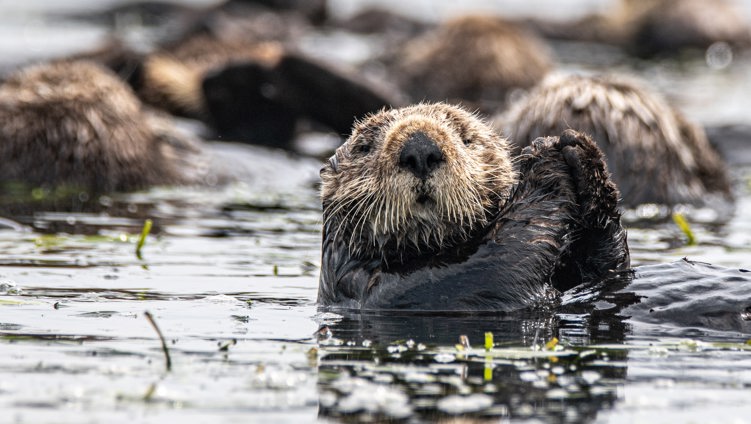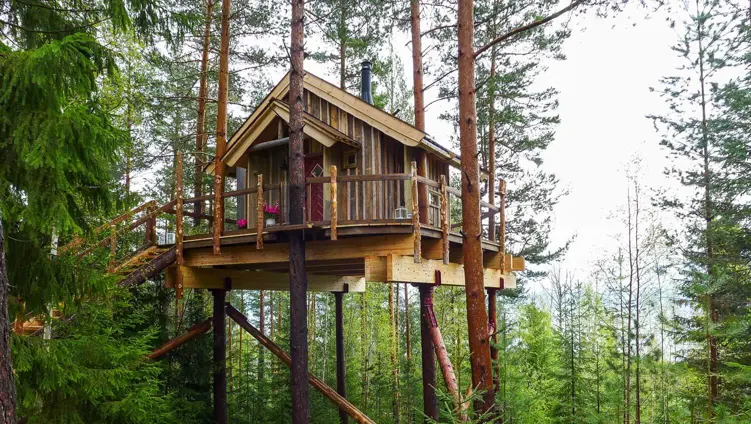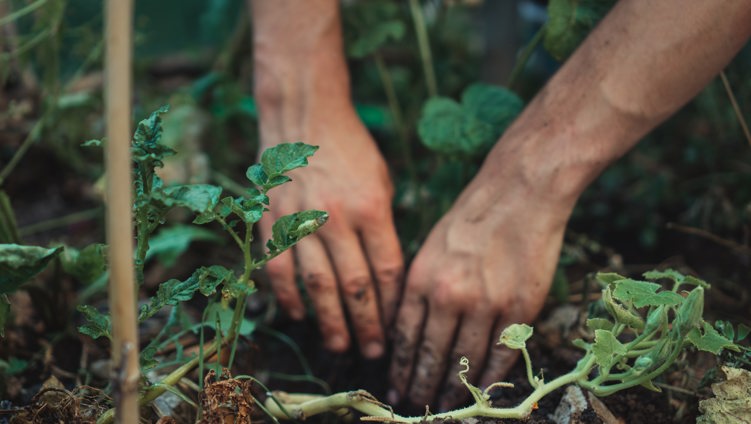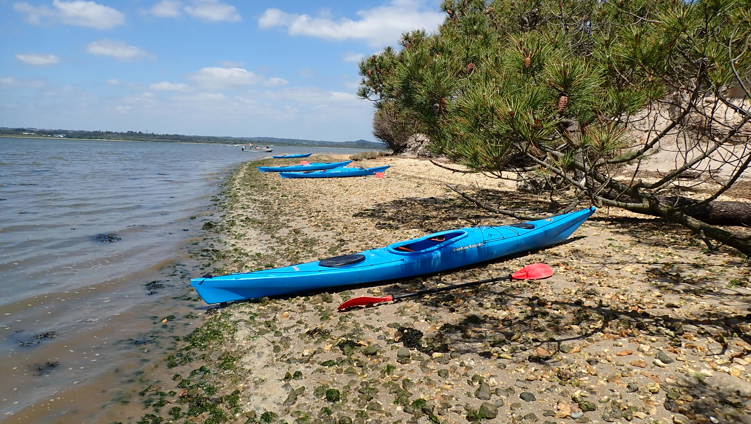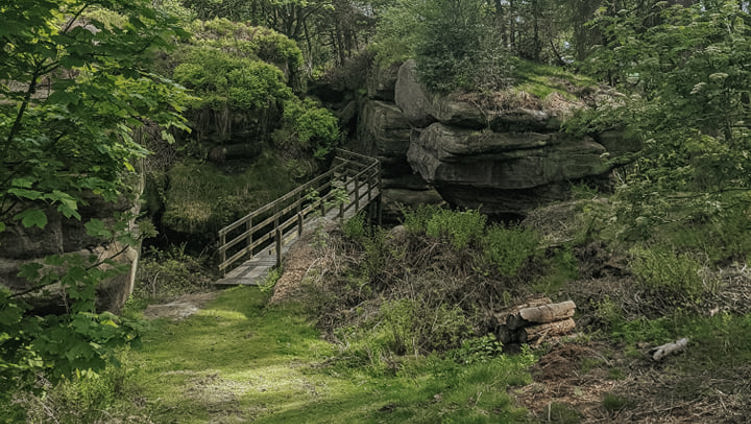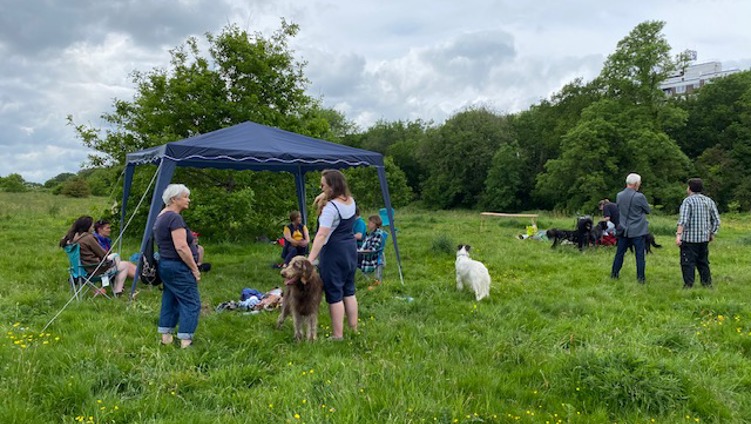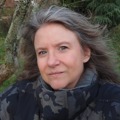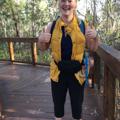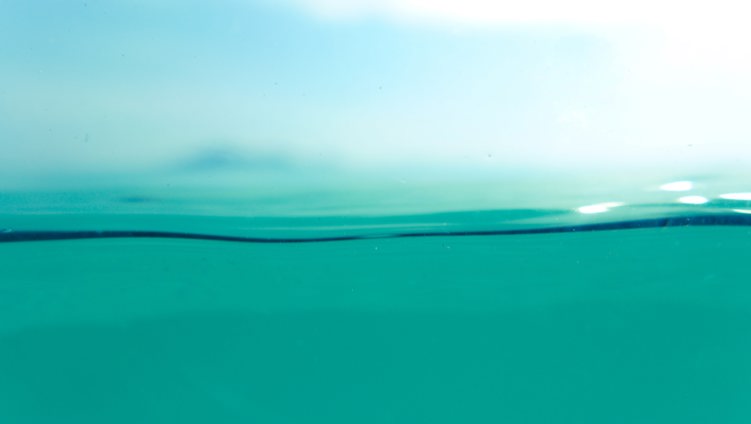
Welcome
Adventure goes far beyond self-styled adventurers - the most visible tip of the iceberg. Many adventurers, and many people who can help us understand adventure, are neither thought of nor think of themselves in such terms. This Edition celebrates the adventures of these apparent Non Adventurers.
Some of these folks are new to the world of adventure, entering from a political arena that has forged wildness in them. People like the campaigners in Cardiff fighting, as Sophie Standen reports, to save one of the city’s last large green spaces: the Northern Meadows.
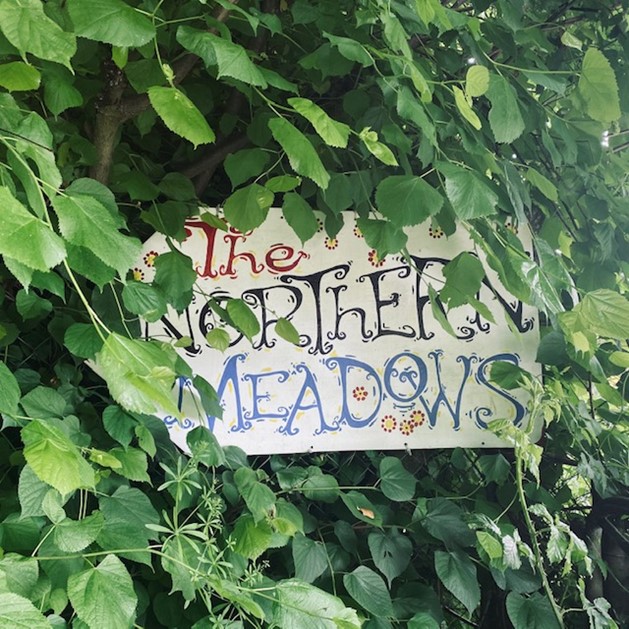
Photo: Sophie Standen
Other apparent non-adventurers have in fact been adventurers all along, a fact perhaps disguised by our assumptions and misperceptions. Jane Adams is a carer for her husband, for example. She makes the powerful argument that adventure is not just possible for carers, but vital. Carers adventure too.
Similarly, Abigail Shaw writes bravely and openly about her experience of adventure while living with bipolar disorder. Her recent trip to the Yorkshire Dales would be unrecognisable to many, but was every bit the adventure.
Some of the most inspiring Non Adventurers are people adventuring quietly and humbly in the name of environmental stewardship. They show how a love for the natural word can, through microadventurous activism, help drive social and environmental change.
In Vancouver, for instance, groups of grassroots volunteers are behind the remarkable return of spawning salmon to urban waterways once pronounced dead. They are the streamkeepers, and we went to speak with them. Back in the UK, we also spoke with Richard Reynolds, the UK’s most high-profile guerrilla gardener, about guerrilla gardening as a tool for social change.
As we’ve written before, artists are fantastic people to learn adventure from. And of all the artistic mediums suited to understanding adventure, writing is arguably the richest. Whether we label it nature writing, travel writing or something else, we all have formative and favourite adventure books. What, then, to make of the relatively new genre of ‘place writing’? We spoke with David Cooper, an academic at Manchester Metropolitan, about the significance of place writing and some of his favourite examples (a mighty fine reading list).
One of the most anticipated examples of place writing in 2021 is Nina Mingya Powles’ upcoming book, Small Bodies of Water. Nina won the inaugural Nan Shepherd Prize for Nature Writing, a new literary prize for underrepresented voices in the genre. She kindly responded to a few questions about her work.
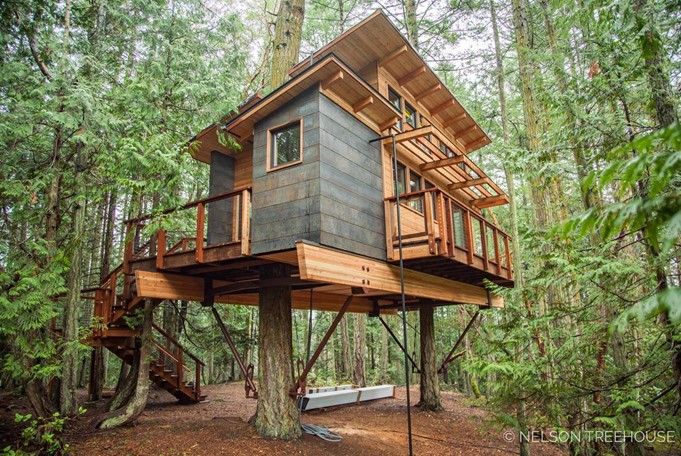
Photo: Nelson Treehouse
Some Non Adventurers, of course, come to adventure through that most mundane preoccupation: work. In fact, we spoke with two people who may have what many Adventure Uncovered readers consider dream jobs. Mary Melville has helped produce some of the most iconic nature documentaries in recent years, including Natural World and Dynasties. And Daryl McDonald earns his keep designing and building treehouses for the world’s most prestigious treehouse architects.
We hope you enjoy reading this Edition as much as we did curating, and that it moves you not only to get out there this summer, but to remember that adventure comes in many shapes and colours.
Sam
Editor, Adventure Uncovered.
_______
We hope you enjoy this Edition. To help us improve them moving forwards, we recently launched a Patreon. We explain our thinking here, and you can offer support here in exchange for an array of rewards. 100% of revenue will go directly to paying Editions contributors. We don't keep a penny. Please kindly consider becoming a Patreon if you read and like our content regularly - thanks!
Adventure goes far beyond self-styled adventurers - the most visible tip of the iceberg. Many adventurers, and many people who can help us understand adventure, are neither thought of nor think of themselves in such terms. This Edition celebrates the adventures of these apparent Non Adventurers.
Read all of Edition 10 below...
Explore more
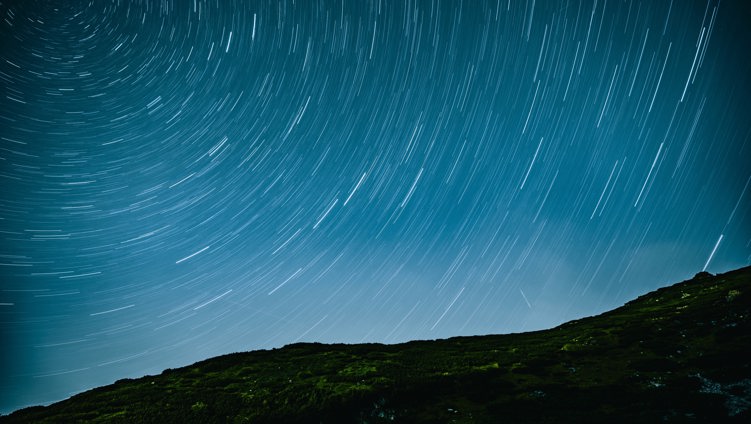
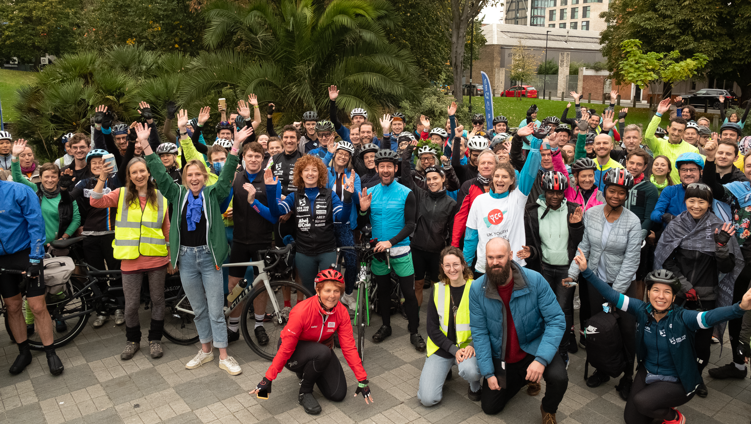

Abigail Shaw
Abigail Shaw is a freelance writer from the Wirral who now resides in Manchester after studying for her MA in Creative Writing at the University of Manchester. She writes poetry, short fiction and creative non-fiction. While her work tends to thrive in dark spaces, she also takes inspiration from her wonderful family and the natural world. Abigail now seeks new opportunities in writing for commission and further freelance work. She enjoys the sound of rain, cool handbags, and religious iconography in vampire films.

Sophie Standen
Sophie is a freelance writer and PhD student researching the role of power and politics within fisheries and ocean governance. Based in Lancaster, you can find her usually hiking in the Lake District or mostly failing to surf on the South Wales coastline. Sophie lived in Spain for a few years before moving to Denmark to study and work. She returned to the UK this year.

David Cooper
David Cooper is a Senior Lecturer in English at Manchester Metropolitan University and the founding co-director (with Rachel Lichtenstein) of the Centre for Place Writing. As a literary geographer, he has published widely on contemporary place writing, (digital) literary cartography, and Romantic landscape poetics; and he was a founding co-editor of the international open access journal, Literary Geographies. He is also increasingly interested in the synergies, and tensions, between creative and critical approaches to place. His current publication projects include the co-editing (with Neal Alexander) of The Routledge Handbook of Literary Geographies and a critical monograph on contemporary British and Irish place writing. He is also co-editing (with Lichtenstein) PLACE 2021: a follow-up to the digital project, PLACE 2020, in which writers and artists from around the world were invited to reflect on what 'place' meant to them in the year of the pandemic and the Black Lives Matter movement.

Richard Reynolds
Richard is arguably the UK's most high-profile guerrilla gardener. He is behind the On Guerrilla Gardening blog, and author of On Guerrilla Gardening: an activist's call to arms to all citizens - green-fingered, green-thinking or curious - to join the revolution of guerrilla gardening: transforming public space into oases of colour and life.

Nina Mingya Powles
Nina Mingya Powles is a writer, editor and publisher from Aotearoa New Zealand. She is the author of three poetry collections, including Magnolia, which was shortlisted for both the Ondaatje Prize and the Forward Prize; and Tiny Moons: A Year of Eating in Shanghai. In 2019 she won the Nan Shepherd Prize for Small Bodies of Water, and in 2018 she won the Women Poets’ Prize. She is the founding editor of Bitter Melon. Nina was born in Aotearoa, partly grew up in China, and now lives in London.
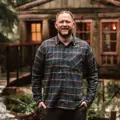
Daryl McDonald
Daryl is a Project Manager at Nelson Treehouse. Daryl was born in New England, then moved west with his family when he was 10. Growing up with a father who was a contractor, Daryl has been around building all of his life. While attending the University of Washington, Daryl met Pete through a mutual friend. More than 200 builds around the world later, Daryl lives and breathes treehouses. He also enjoys outdoor activities like snowboarding, mountain biking, and hiking with his wife, Nicola (whom he met at treehouse workshop!), and their faithful dog, Rusty.
